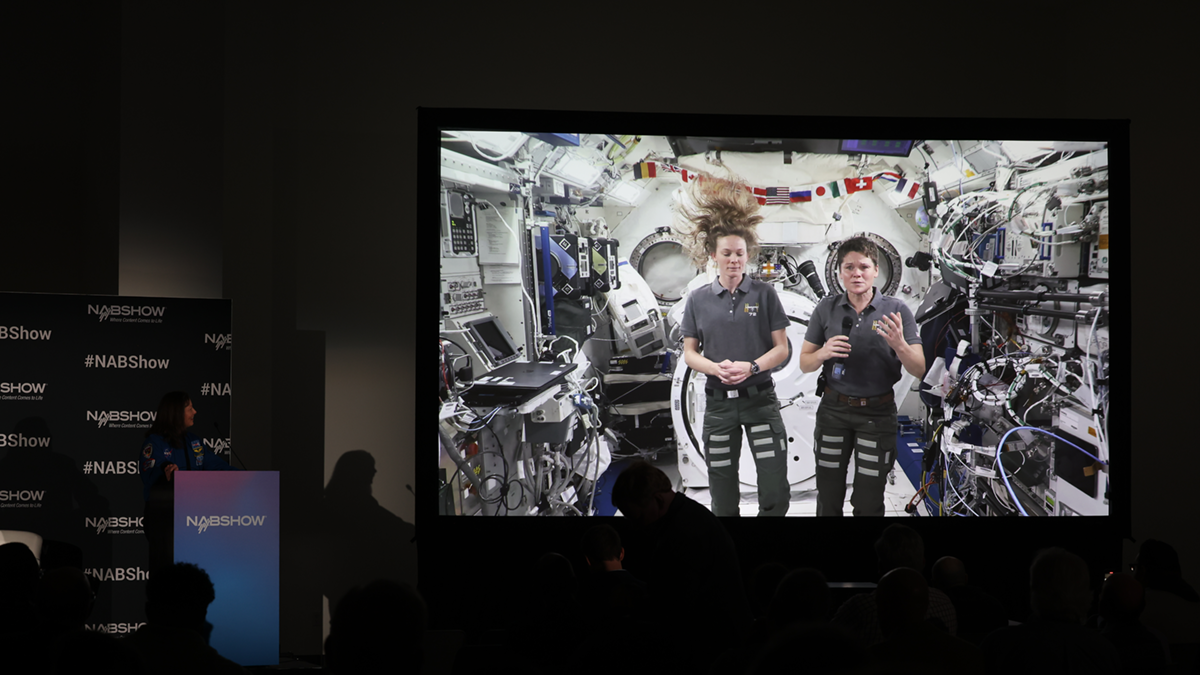Media Security and Reliability Council charts progress, Homeland Secretary thanks group for efforts
Speaking during a meeting of the Media Security and Reliability Council last week, Department of Homeland Security Secretary Tom Ridge commended the efforts of the council in assessing the vulnerabilities of U.S. television and radio broadcasters, cable systems, and satellite service providers to terrorist attack and efforts to prepare for possible threats.
Department of Homeland Security Tom Ridge acknowledged the efforts of the FCC-sponsored Media Security and Reliability Council whose aim is to assess media vulnerabilities to attack and institute best practices for dealing with such a contingency.
Ridge was attending an MSRC meeting at FCC headquarters in Washington, D.C., where the chairmen of the Communications, Infrastructure, Security, Access and Restoration working group and the Public Communication and Safety working group presented their interim reports.
“The public information component is one of the most critical pieces to the nation’s response to a crisis,” said Ridge. He added that it is in the nation’s interest to “protect the means of communicating timely and accurate information to the public.”
Bruce Allan of Harris and chairman of the CISAR working group, reviewed the charter of group, outlined its organization and laid out its calendar with milestones. Currently, the group’s prevention task force is working with various industry associations, such as the NAB and NCTA, to survey local media outlets, including radio and TV broadcasters and cable head-end operators, to determine local site security, redundancy, estimated recovery time from an attack, whether or not disaster recovery plans exist and if they are practiced.
According to Allan, of the 1,100 TV stations and 2,000 radio stations surveyed, 330 TV and 389 radio stations have responded so far. Results will be tabulated and ready for the next meeting. As part of this capability assessment, the task force will develop a cost-benefit analysis for short, medium and long-term recovery plans and validate restoration best practices.
Allan also reported that the Future Technologies/Digital Solutions task force recommended government coordinate development of the Media Common Alert Protocol (MCAP), a protocol to deliver emergency messages over digital networks.
Get the TV Tech Newsletter
The professional video industry's #1 source for news, trends and product and tech information. Sign up below.
John Eck of NBC and chairman of the Public Communications and Safety Working Group described the efforts of his group to address issues related to public communications and safety in response to physical attacks and natural disasters, how the government and media communicate safety and emergency information to the public via the emergency alert system and other means, and the special requirements of communicating such information to the hearing and visually impaired.
The meeting was chaired by Dennis Fitzsimons of the Tribune Company and was attended by FCC chairman Michael Powell and commissioner Jonathan Adelstein.
For more information visit www.fcc.gov.
